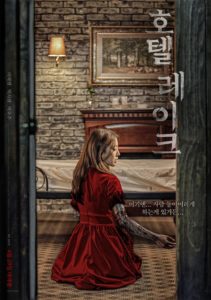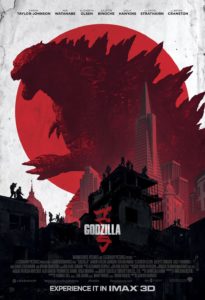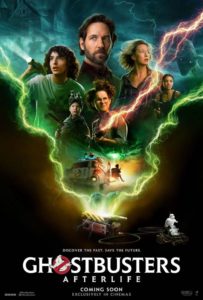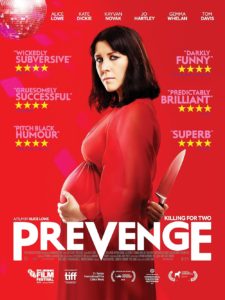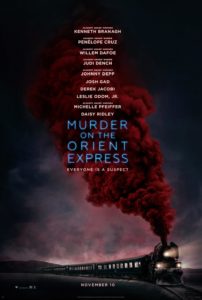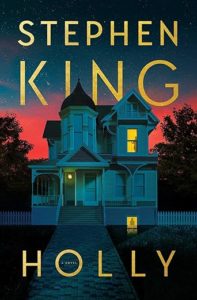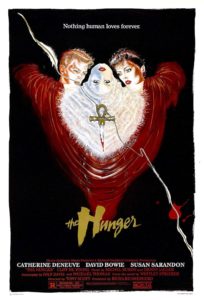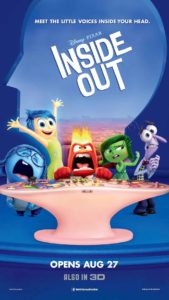 I played a good deal of the then-new Zelda game in 2018, but kind of too fast? I mean, I rushed it. I mean, I did tons and tons of main quest and did not treat it like a sandbox RPG where you luxuriate in exploring every nook and cranny, and fulfill the need of every minor and major person you come across, even those who it would seem will not actually trigger a quest at all but you just have a sense that they ought to, and only after all of that is completed do you fiddle with the main quest. Or at the very least, you spread out the main quest pieces amongst all this luxuriating and fulfilling, such that you’re only thinking about that last little bit of game when you’re also running out of anything else to do anyway,
I played a good deal of the then-new Zelda game in 2018, but kind of too fast? I mean, I rushed it. I mean, I did tons and tons of main quest and did not treat it like a sandbox RPG where you luxuriate in exploring every nook and cranny, and fulfill the need of every minor and major person you come across, even those who it would seem will not actually trigger a quest at all but you just have a sense that they ought to, and only after all of that is completed do you fiddle with the main quest. Or at the very least, you spread out the main quest pieces amongst all this luxuriating and fulfilling, such that you’re only thinking about that last little bit of game when you’re also running out of anything else to do anyway,
Then, for reasons that are lost in the mists, I stopped playing it.
Now, five years and one already-released sequel later, I have played a great deal of Breath of the Wild. Previous Zelda games have been a) smaller, which okay is a contributing factor, but mainly b) have been in fantasy settings. Sure, there are monsters around and a bad guy to defeat, and eventually villages and villagers and various races of creatures besides generic green elf-costumed heroes with swords, but all in service of a bit of magic trinketry and a giant boss fight and a princess of some kind to rescue and/or be rescued by.
This game, though… it is post-apocalyptic, and it is lonely. Okay, yes, there are obviously a lot more people to interact with than in any prior game in the (let’s say) series, and a lot more ways to interact with them, but the world is so huge, and so full of formerly rampaging sci-fi behemoths, and so full of monsters, and so devoid of people on a moment by moment basis, and even more devoid of people who aren’t huddled together in tiny enclaves of light against the darkness… It’s hard to hit every nook and cranny. And it’s a little depressing to try.
Well, no. What I mean is not depressing, it’s melancholy. Every action you take that isn’t directly related to fulfilling someone’s quest, you are either wandering around in the wilderness (hence the name) fighting things or looking for immeasurably old tombs to raid or collecting ingredients, or else you are unraveling the tragedy of a hundred years ago when everyone you hypothetically care about was killed.
I’ve noticed I’m making the game sound not fun, which is just spectacularly not true. There are so many puzzles to solve, so many stories to discover, so many things to collect, and upgrade, and defeat. I think I’m over 150 hours into the game at this point? There are still things I want to accomplish, but not many more that I feel I must. Uh, wait, you are asking yourself. If you didn’t finish, and especially if you are close to finishing, why the review?
So, funny story. I was killing time on Sunday while waiting for the in-game clock to reach night time, as a few quests I’m working on can only move forward at that time of not-day, and I was exploring Hyrule Castle plus trying to kill guardians to collect their cores (which they do not drop nearly often enough), when I wandered into a room that seemed to me not nearly high enough in the castle to be the place I would have been going for the big boss fight, only I noticed something that made me say wait, I probably shouldn’t be- and before I finished the thought, cut scene. And then, somehow, I won the boss fight on my first attempt, counter to expectations. And all in all, it feels like waiting to write the review after seeing the end of the game would be a mistake. So here we are!
The thing where most of the equipment in the game is consumable / degradable, i could do without. And some things are maybe a little too hard to accomplish. (Which arguably it would be more accurate to say, I haven’t figured out how to accomplish, but it isn’t actually all that hard. I have reason to believe this is the case.) But man, I understand why this game received the acclaim it did. It’s practically perfect in every way, as long as you don’t mind feeling melancholy.
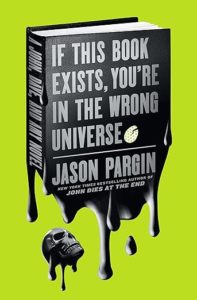 I just really like these John and David books, okay?
I just really like these John and David books, okay?